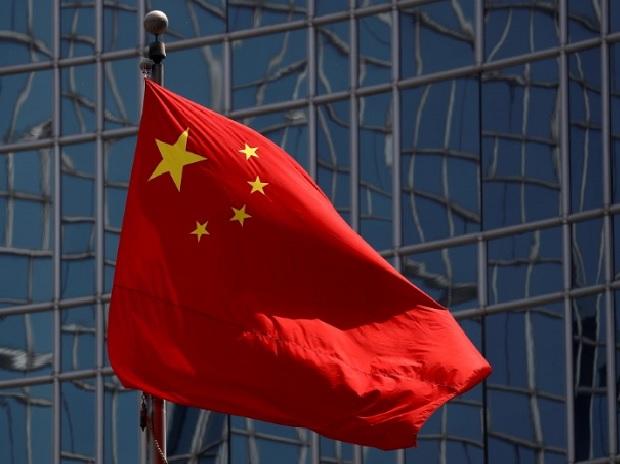-
ALSO READ
Revolution or chaos? Xi's 'common prosperity' drive sparks China debate
I-T Dept allows manual filing of tax forms for foreign remittance
Govt extends FY21 ITR filing deadline for individuals till September 30
A look into the reasons for the strong personal income tax collection in Q1
China eyes wealth redistribution in push for 'common prosperity'
-
China will "strengthen adjustments" in tax collection to boost revenue and reform the country's income distribution, but in a targeted and accurate way, as part of efforts to achieve long-term "common prosperity", state-run Xinhua news agency said.
China aims to "divide the pie" by "reasonably" adjusting the income of its top-earners and elevating the earnings of lower-income groups, Xinhua wrote in a question-and-answer piece on the Chinese economy.
The idea is to form an "olive-shaped" income distribution structure with a large middle and two small ends, Xinhua said.
But China's taxation policy must not be misinterpreted as "robbing the rich to help the poor," Xinhua said in the Q&A piece, for which the agency said it had interviewed the "relevant departments" and "authoritative people".
"Common prosperity" is a policy drive by President Xi Jinping to narrow the gap between rich and poor. In an essay in the Communist Party journal Qiushi published by Xinhua this month, Xi urged China to "vigorously and steadily advance" legislation for a property tax.
Implementing a property tax will be one of the most profound changes to China's real estate policies in a generation with far-reaching effects.
Such a tax is seen deterring speculative purchases and cooling home prices that have surged more than 2,000% since the privatisation of the housing market in the 1990s and created an affordability crisis.
The tax will also pinch relatively well-off owners of multiple homes whose properties have gone untaxed for years.
On Saturday, the top decision-making body of the Chinese parliament said it will roll out a pilot real estate tax in some regions.
"The announcement came sooner than expected, and confirms our long-standing view that China is determined to reshape its property market," said Betty Wang, senior China economist at ANZ Research.
A tax will raise the cost of holding real estate assets, potentially slowing the rate of investor purchases of existing property projects, pressuring the cash-flow of developers in an already tight financing environment in China.
Shares of real estate firms tumbled more than 3% on Monday, compared with the 0.24% drop in the broader blue-chip CSI300 index.
(This story has not been edited by Business Standard staff and is auto-generated from a syndicated feed.)
 Dear Reader,
Dear Reader,
Business Standard has always strived hard to provide up-to-date information and commentary on developments that are of interest to you and have wider political and economic implications for the country and the world. Your encouragement and constant feedback on how to improve our offering have only made our resolve and commitment to these ideals stronger. Even during these difficult times arising out of Covid-19, we continue to remain committed to keeping you informed and updated with credible news, authoritative views and incisive commentary on topical issues of relevance.
We, however, have a request.
As we battle the economic impact of the pandemic, we need your support even more, so that we can continue to offer you more quality content. Our subscription model has seen an encouraging response from many of you, who have subscribed to our online content. More subscription to our online content can only help us achieve the goals of offering you even better and more relevant content. We believe in free, fair and credible journalism. Your support through more subscriptions can help us practise the journalism to which we are committed.
Support quality journalism and subscribe to Business Standard.
Digital Editor












RECOMMENDED FOR YOU